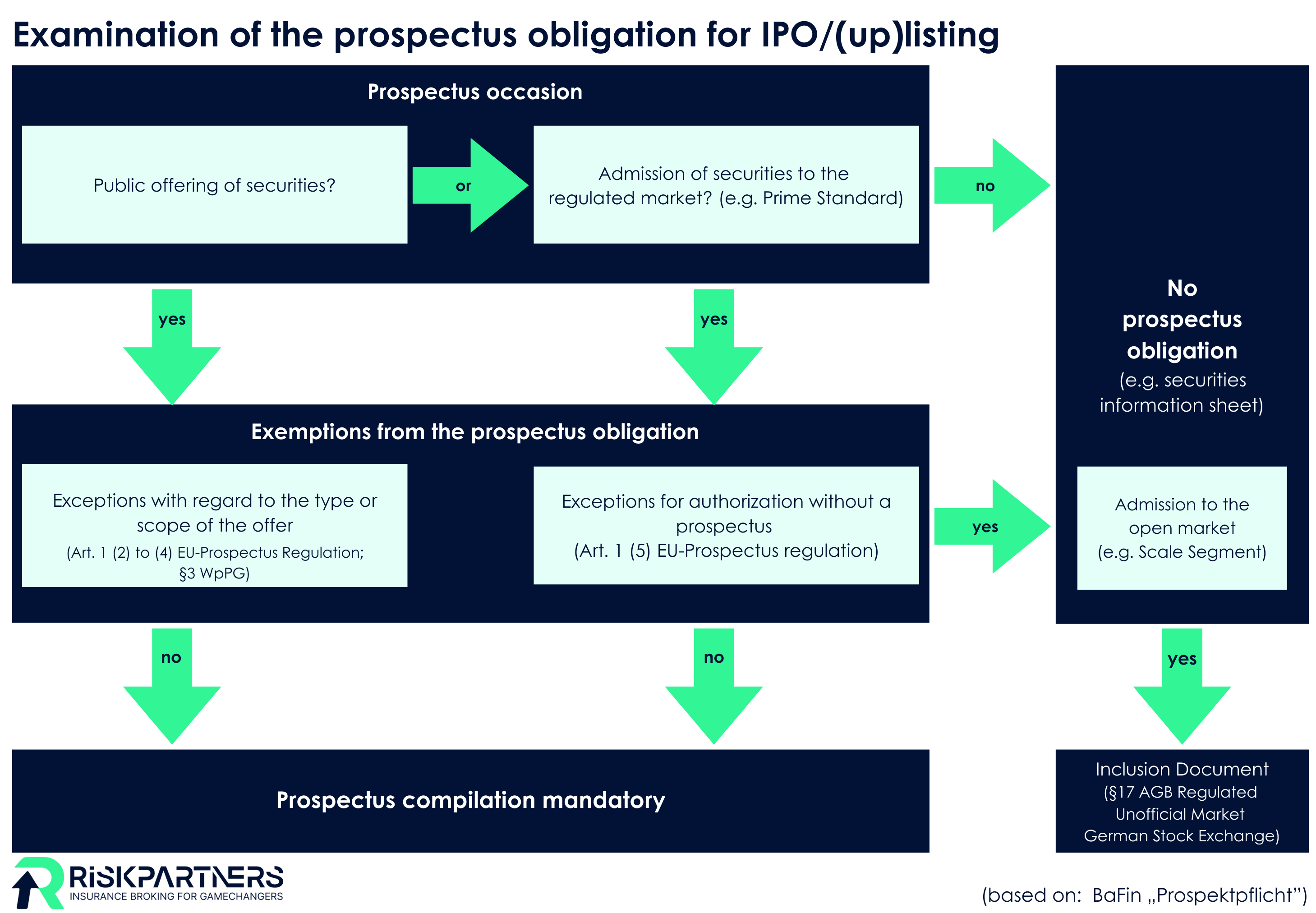
"I believe in a strong IPO comeback in 2024" - Interview Platform Life Sciences
Risk Partners in the trade press. Florian was approached by the journalists from Plattform Life Sciences for an interview on our view of 2024 and the development of Risk Partners over the past year. In addition to challenging claims, product innovations (e.g. all about POSI insurance) from Risk Partners, Florian also discusses our reasons for "teaming up" with our fantastic colleagues from Atrialis GmbH - experts in clinical trials.






